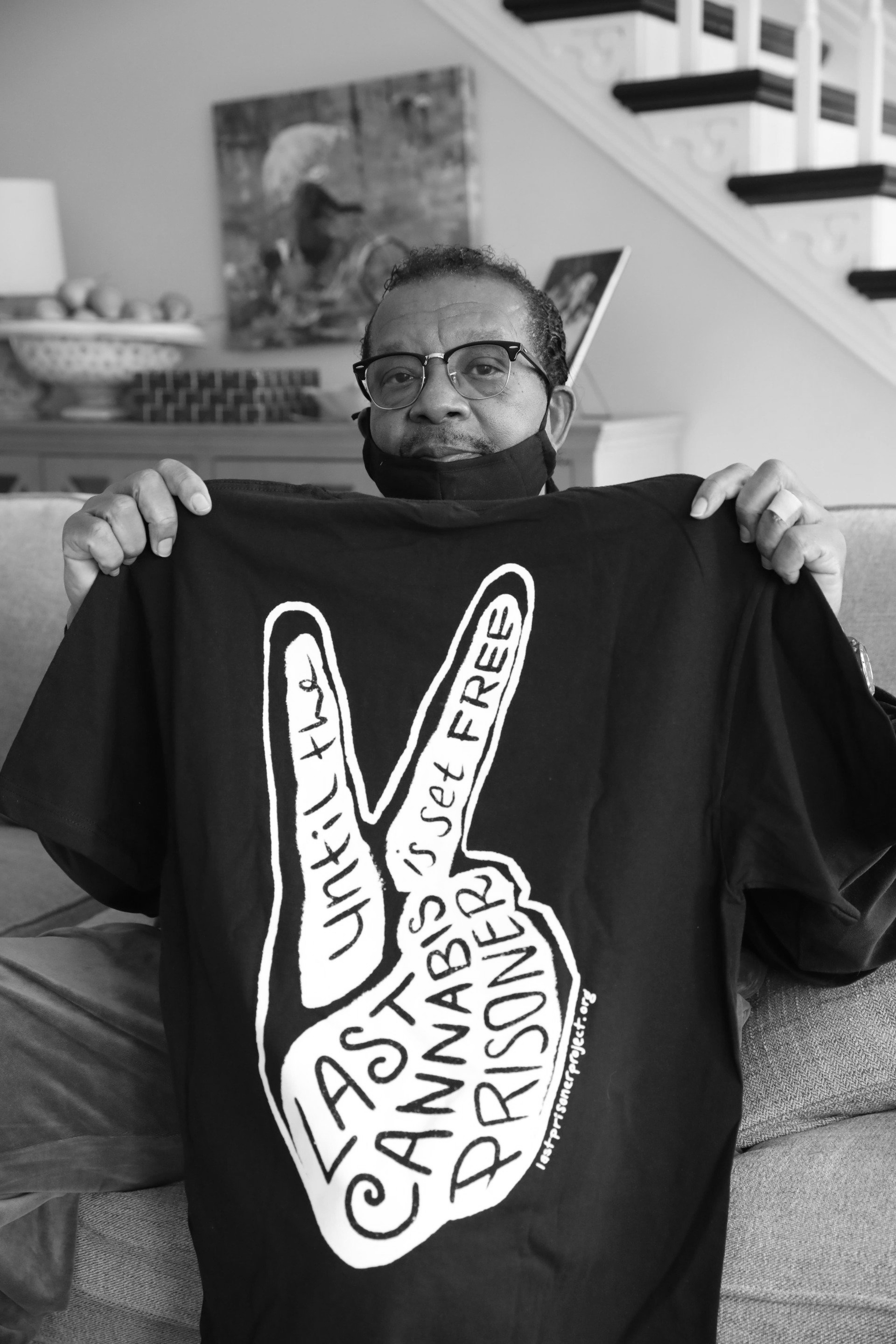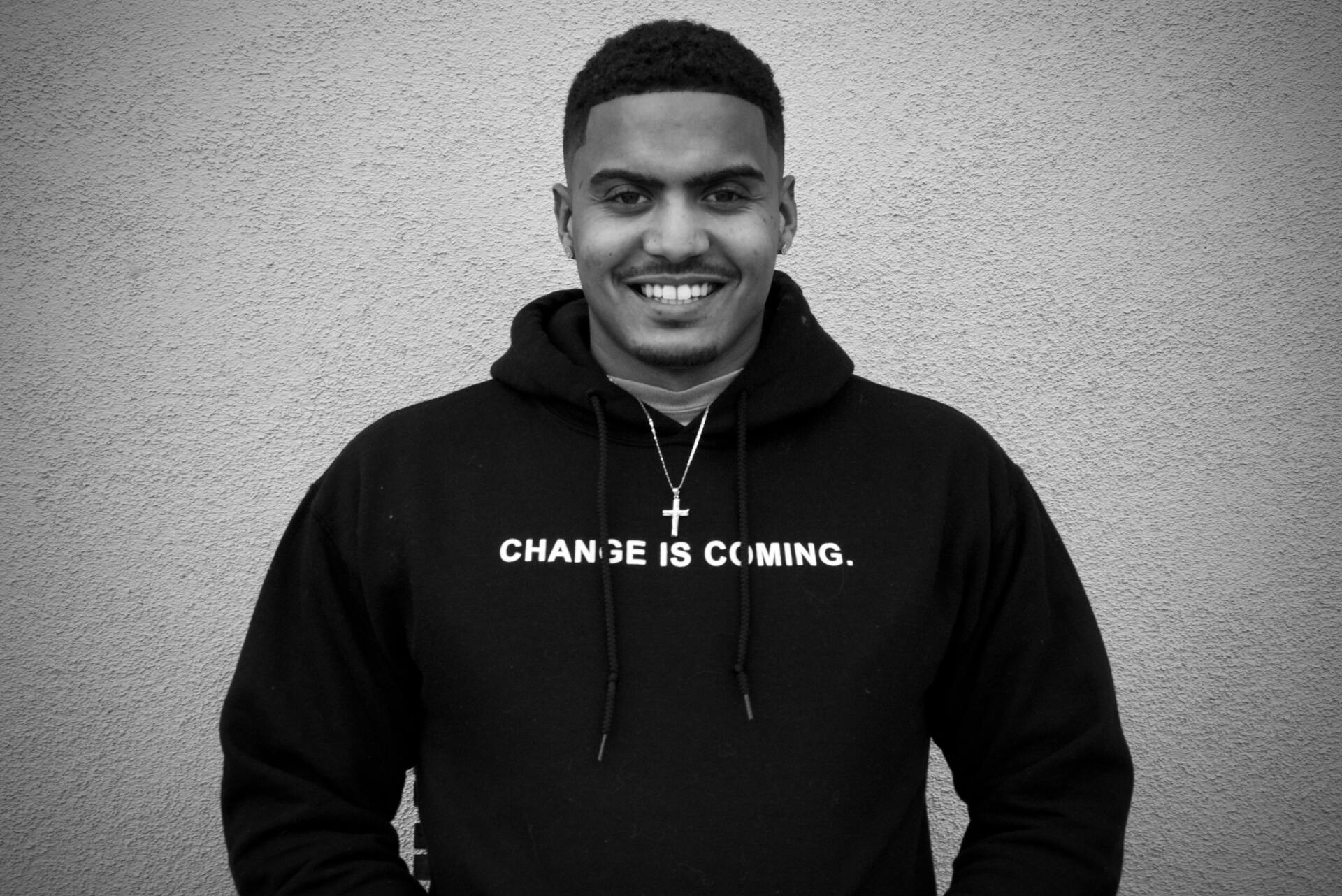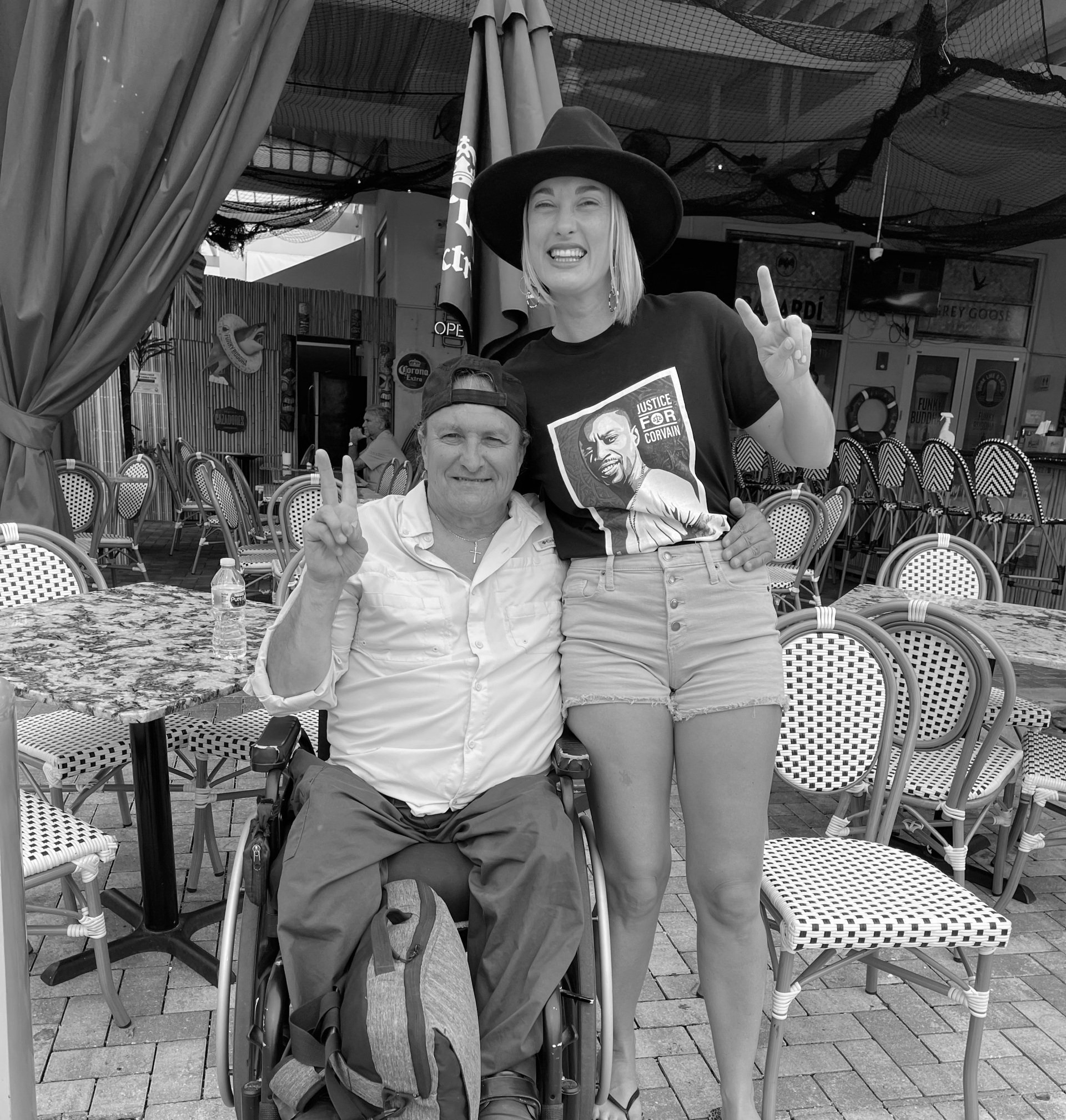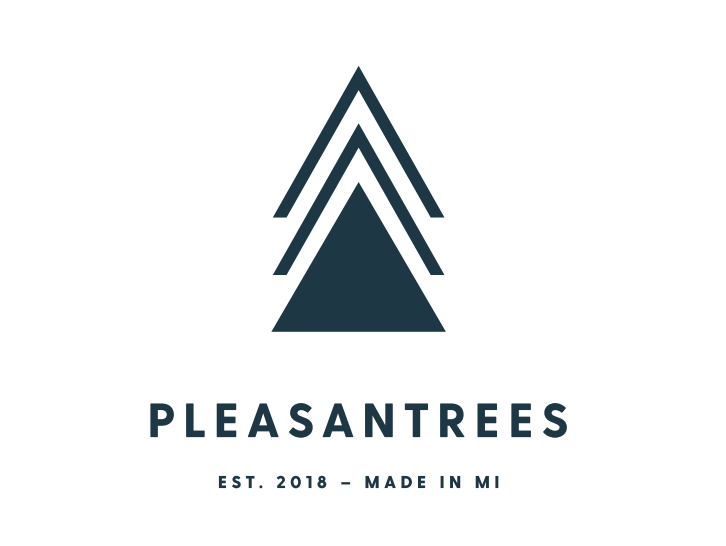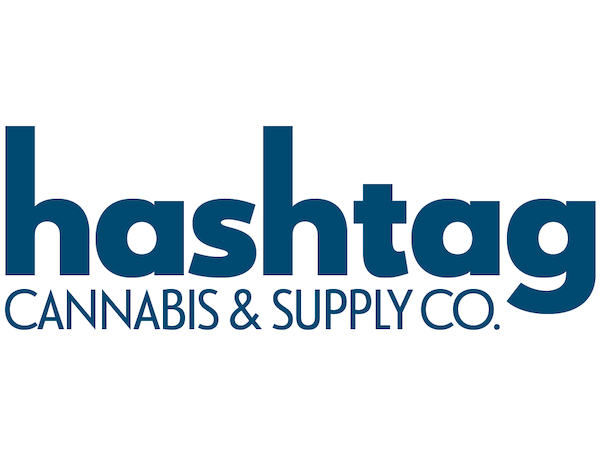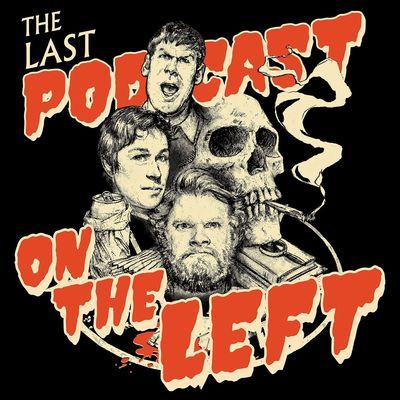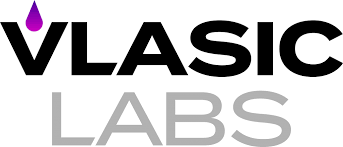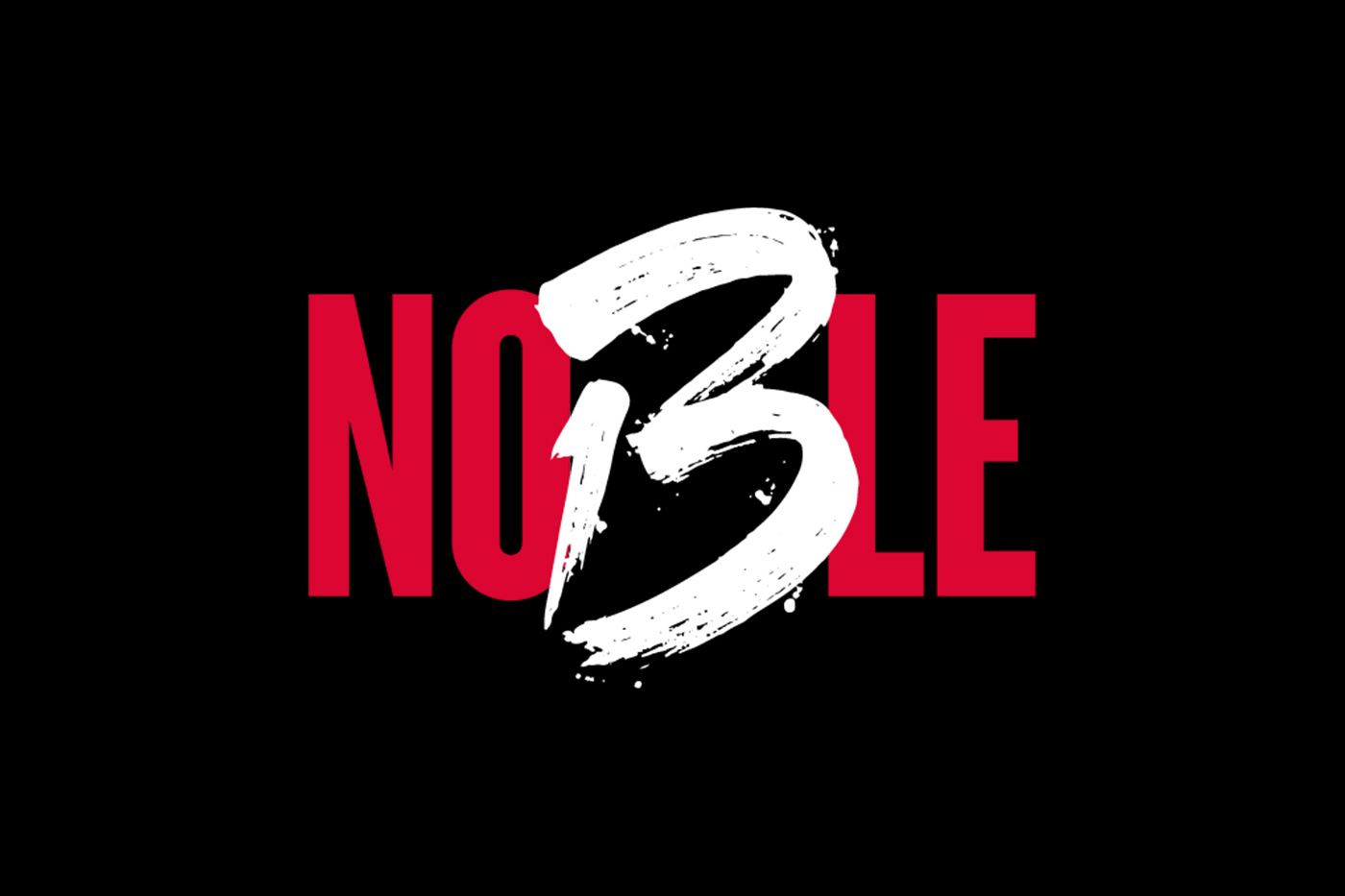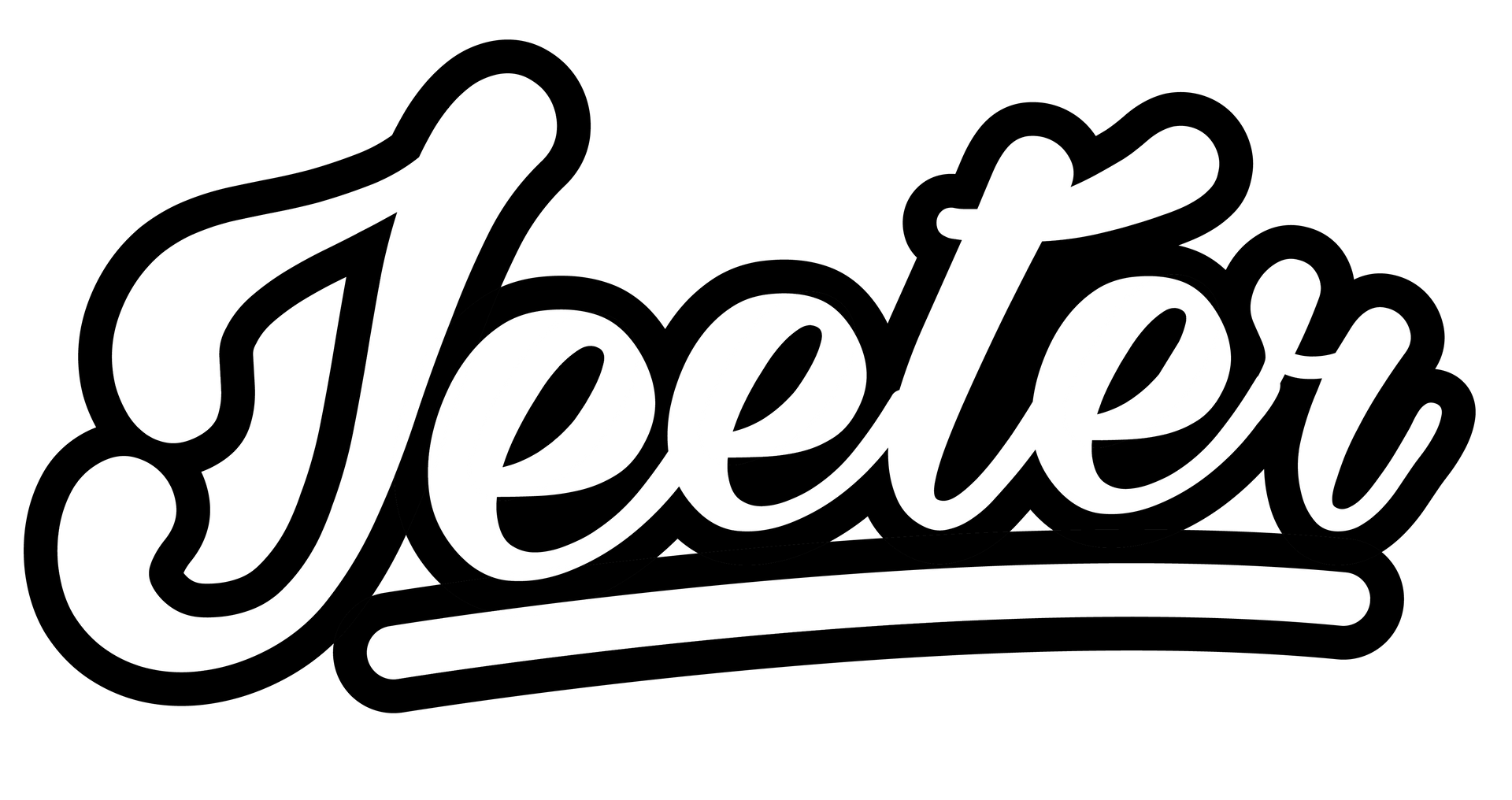CHANGE IS COMING
FIGHTING CRIMINAL INJUSTICE AND REIMAGINING DRUG POLICY
Imagine sitting in a cell for years, decades, or even for life, convicted of an activity that is no longer a crime, while thousands of other people build intergenerational wealth doing exactly the same thing.
That is the situation that tens of thousands of drug war prisoners face today in the United States alone, while countless others languish in jails and prisons worldwide.
The Last Prisoner Project has one singular mission: to set them free.
HOW WE HELP
The Last Prisoner Project (LPP) is a national, nonpartisan nonprofit dedicated to reforming our criminal justice system through progressive drug policy.
Through legal intervention, constituent support, advocacy campaigns, and policy change we aim to release every last drug war prisoner, as well as to repair the harms of this discriminatory and counterproductive crusade.
THE PROBLEM
BY THE NUMBERS
15.7
MILLION
MILLION
MILLION
Number people arrested for marijuana offenses over the past two decades.
$47
BILLION
BILLION
BILLION
Annual expenditures for the United States "War on Drugs".
10.4
BILLION
BILLION
BILLION
U.S. legal cannabis market size in 2022
LATEST FROM OUR BLOG

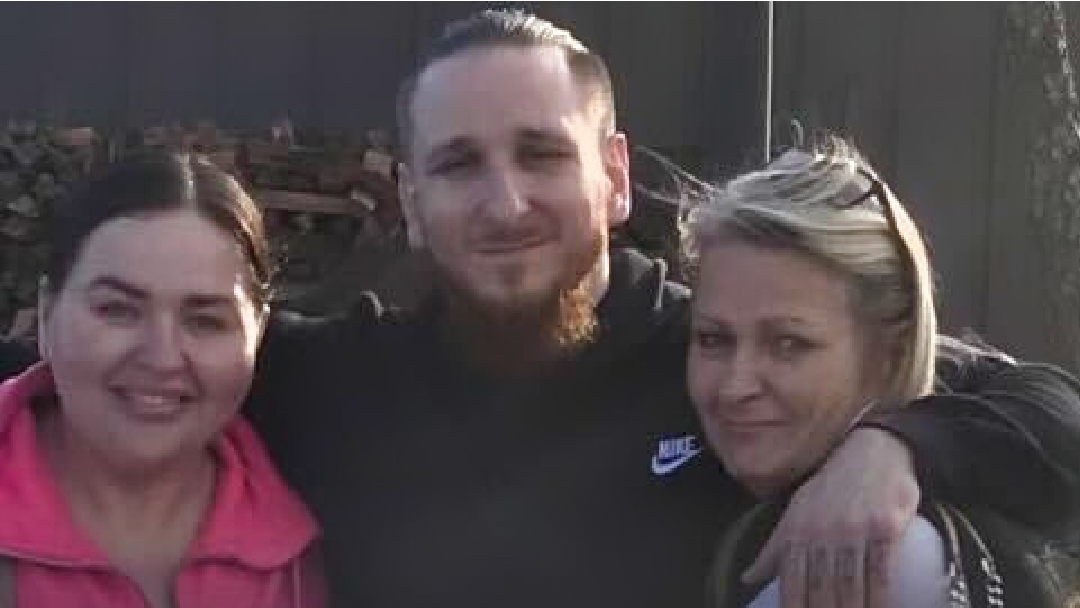
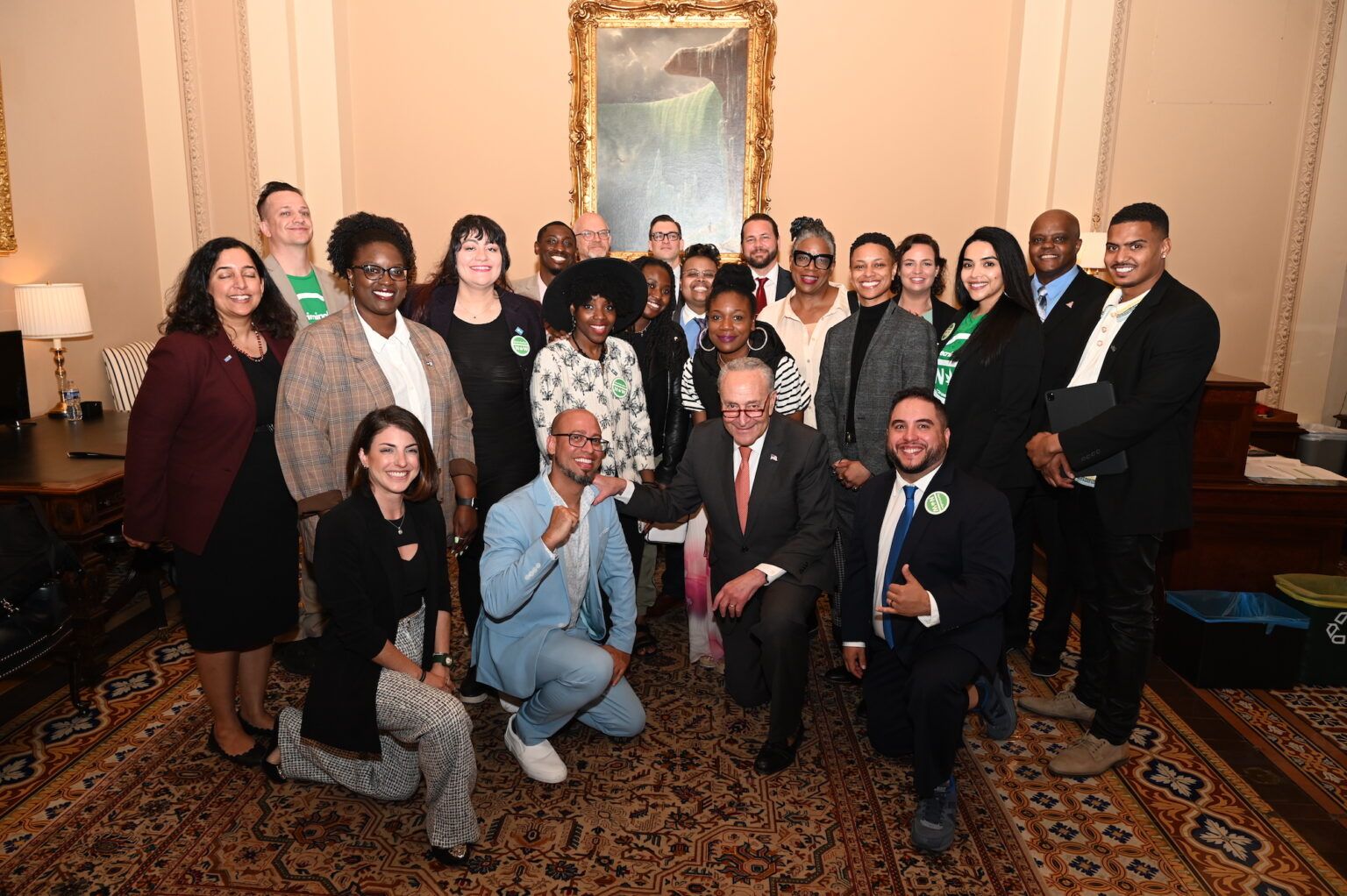
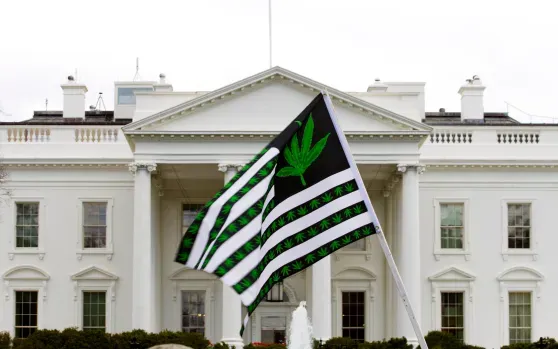
Thank You to All of Our Partners
Supporters
READ & SHARE OUR NEWEST REPORT:
STATE OF CANNABIS JUSTICE
The Last Prisoner Project. All rights reserved.
Last Prisoner Project is a 501(c)(3) tax-exempt organization with EIN 83-4502829. Mailing address: 1312 17th St #640 Denver, CO 80202. Our governing documents and conflicts of interest policy can be found here. Our Privacy Policy can be found here.
Website built on KUSHY

